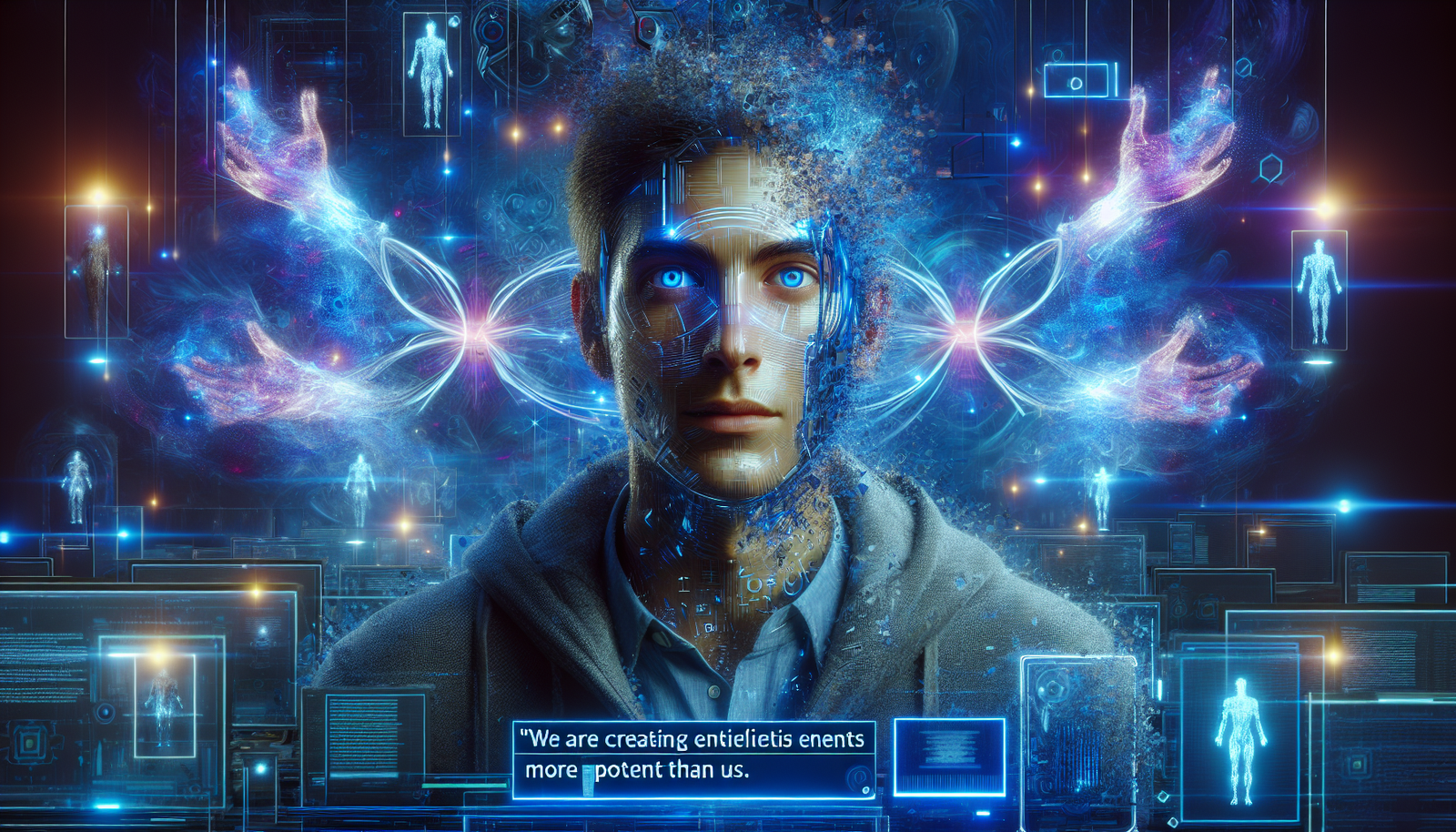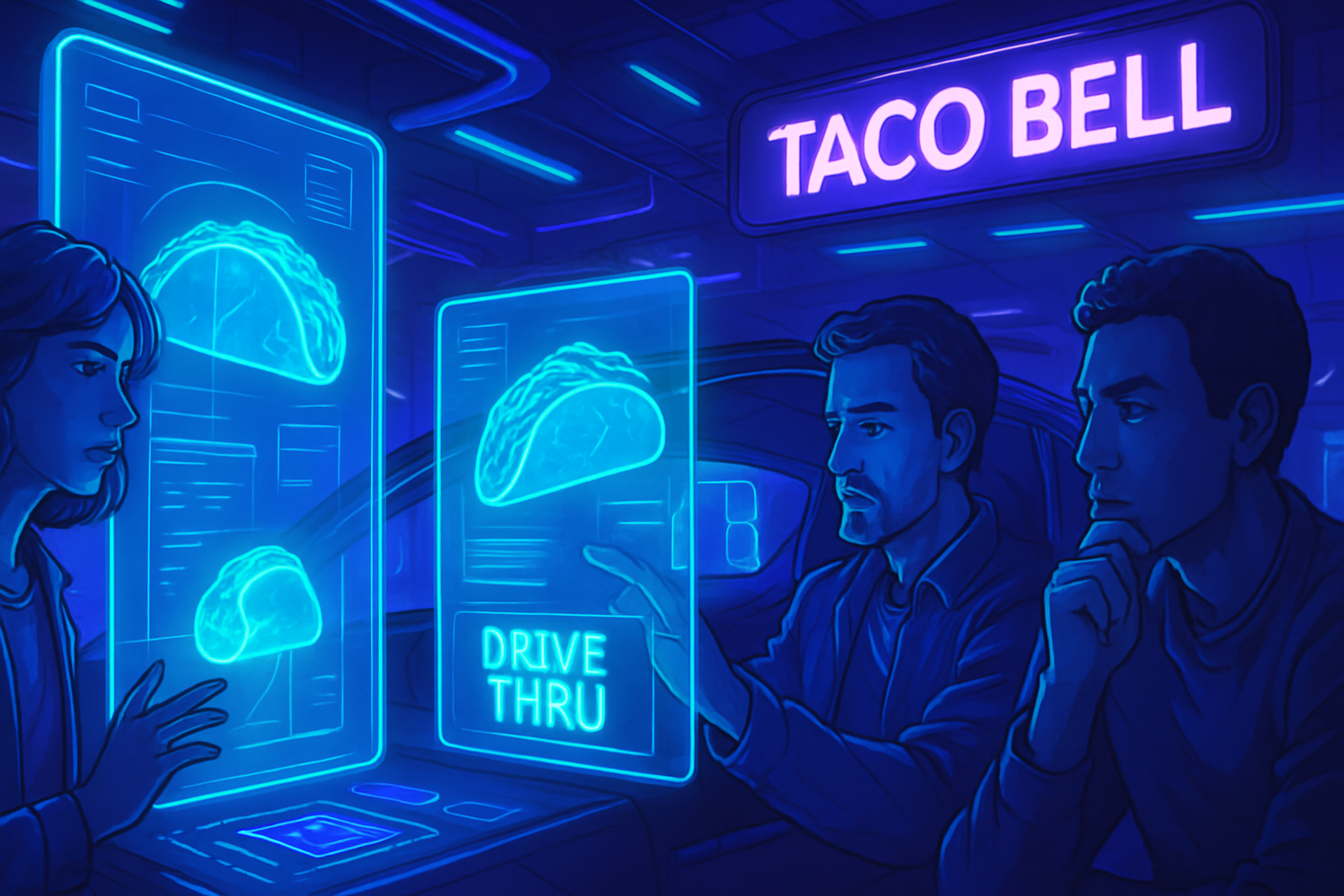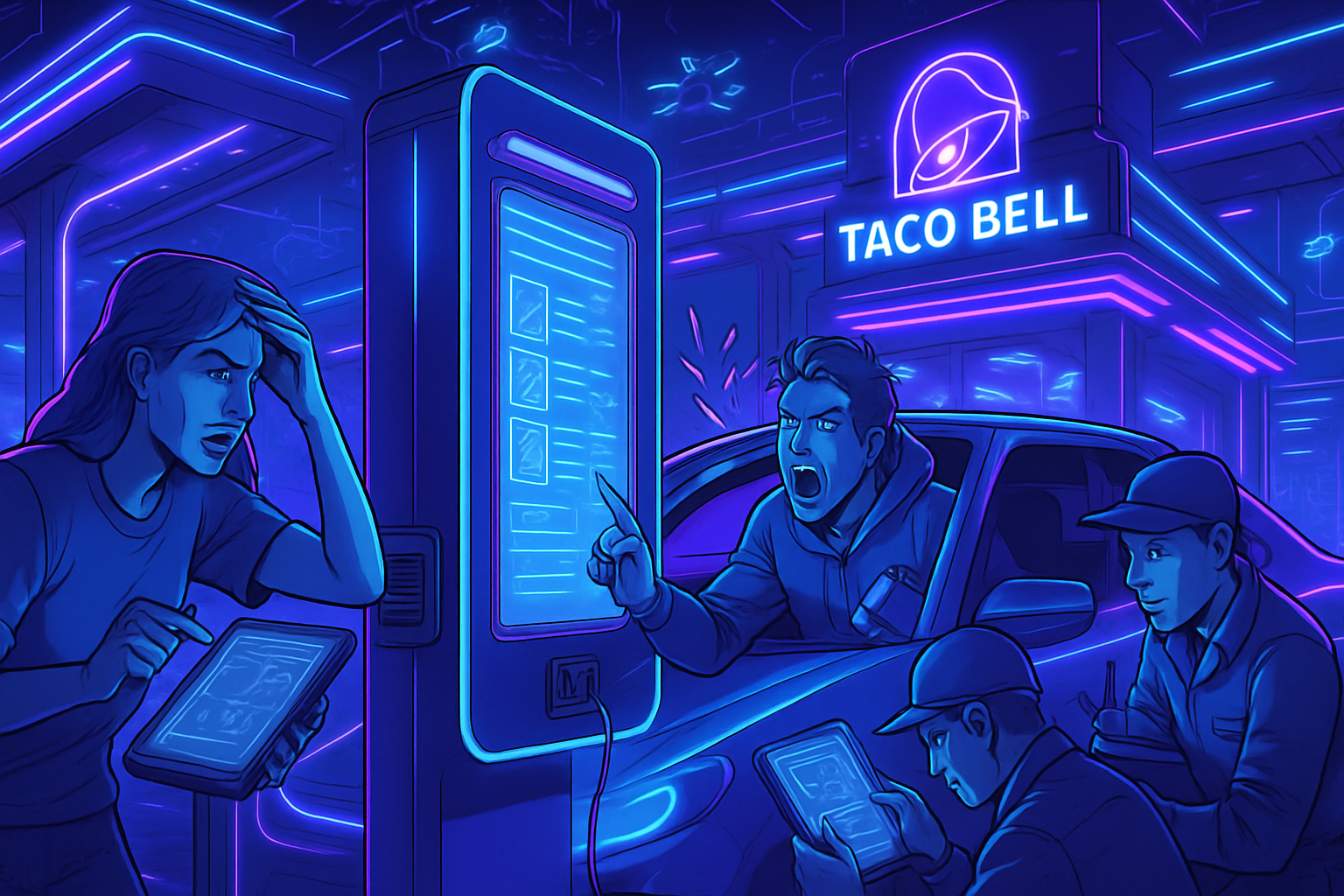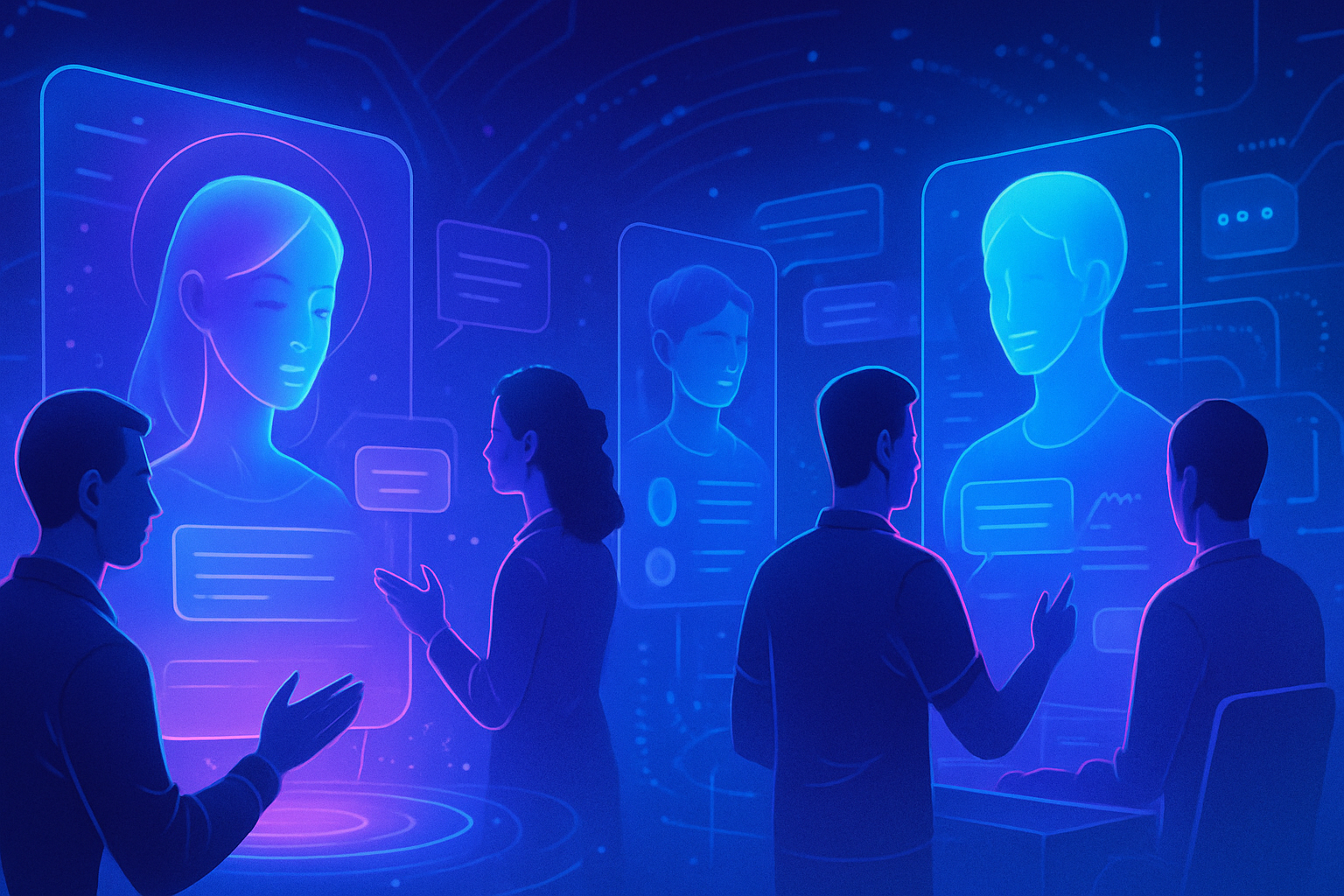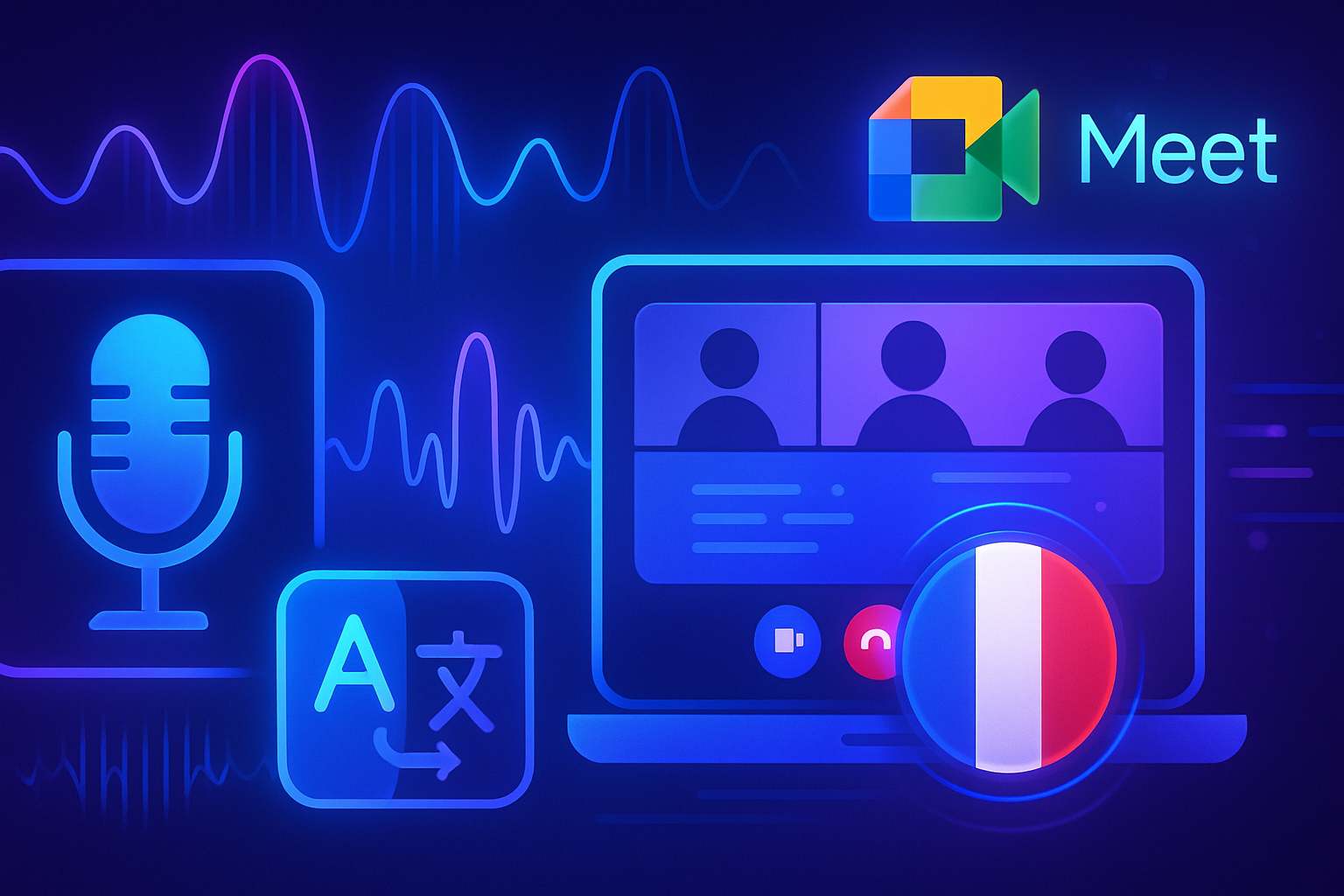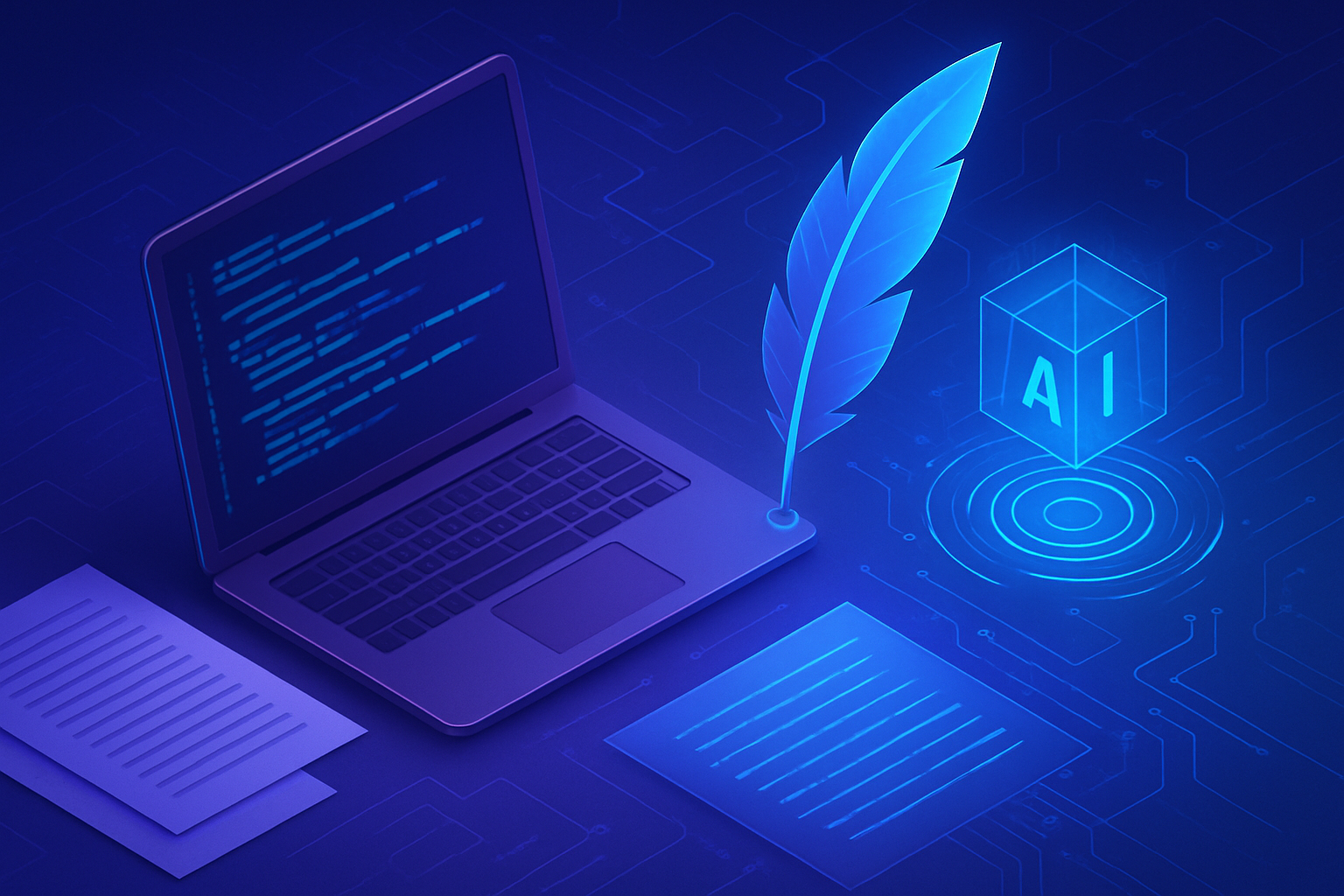Yoshua Bengio, an emblematic figure of modern artificial intelligence, urges the scientific community and the general public to be vigilant. He warns of the potential consequences of the rapid rise of artificial intelligences. The ethical, social, and economic challenges posed by these technologies go beyond mere intellectual curiosity.
Creating intelligences more powerful than humans raises fundamental questions about our collective future. The need to regulate our technological advancement is becoming increasingly urgent. The dystopia outlined by Bengio could become a reality if we continue down this path without necessary precautions.
Yoshua Bengio: Leading Figure in Artificial Intelligence
Yoshua Bengio, often referred to as the “godfather of artificial intelligence”, has established himself as an essential reference in this field. His work in deep learning and artificial neural networks has helped propel AI into previously unexplored realms. Today, this Canadian researcher, Turing Award winner, expresses growing concerns about the future of this technology.
The Dangers of Too Powerful AI
Bengio highlights the ethical implications of a AI in perpetual evolution. According to him, the development of artificial intelligences at least as capable as humans is not only possible but nearly inevitable. He sounds the alarm and mentions a “true crisis of conscience” in the face of the rapid advances of AI.
A Call for Regulation
This renowned researcher advocates for a moratorium on the development of certain artificial intelligence applications. He believes that without prior regulation, emerging technologies could cause unimaginable societal damage. A consensus among experts is necessary to prevent the derailment of innovation in the face of ethical challenges.
Impact on Society and the Economy
Bengio does not limit himself to a technological perspective; he also questions the economic consequences. The disruptions caused by AI are likely to hit the middle class hard. The researcher emphasizes that the rise of artificial intelligences could lead to a “catastrophic future” if governments and institutions do not take the lead in establishing appropriate regulations.
Collaboration Among Tech Giants
Iconic tech figures, like Elon Musk, join Bengio in his call for a pause in the development of overly powerful AIs. This coalition of thinkers seeks to establish norms to frame the progress of AI and to avoid creating “vicious monsters” that could escape all human control. The urgency for an open and inclusive dialogue among stakeholders is more pressing than ever.
The Responsibility of Researchers
Bengio stresses the responsibility that falls on researchers and AI developers. The creation of ethical algorithms must be at the forefront of technological concerns. The intersection between innovation and ethics becomes essential to ensure that advancements do not harm humanity.
The Future of Artificial Intelligence
Yoshua Bengio envisions the future of artificial intelligence with a cautiously optimistic nuance, provided that the challenges are addressed proactively. The potentialities of a well-regulated AI can positively transform many sectors, but it is imperative to anticipate and manage the associated risks. His vision of the future is characterized by a balance between technological progress and social responsibilities.
FAQ: Yoshua Bengio and the Challenges of Artificial Intelligence
Who is Yoshua Bengio and what is his role in the development of artificial intelligence?
Yoshua Bengio is a Canadian researcher recognized worldwide for his decisive contributions to artificial intelligence, particularly in the field of neural networks. Often considered the “godfather” of modern AI, he has played a crucial role in advancing deep learning technologies.
Why does Yoshua Bengio warn against the unregulated development of artificial intelligence?
Bengio alerts to the potential risks of increasingly powerful AIs, stating that if we do not regulate their development, we could be heading toward a catastrophic future where these systems might escape our control.
What is meant by “monsters more powerful than us” in the context of Yoshua Bengio’s statements?
This metaphor underscores the fear that artificial intelligences may surpass human capabilities in terms of power and decision-making, leading to unpredictable consequences for society.
What are the main ethical issues raised by Yoshua Bengio regarding AI?
Ethical concerns include the safety of AI systems, privacy protection, the impact on employment, and how these technologies could be used for harmful purposes, such as surveillance or misinformation.
What solutions does Yoshua Bengio propose to regulate the development of artificial intelligence?
Yoshua Bengio calls for a moratorium on certain AI applications, as well as the establishment of strict regulations and a global dialogue to set ethical and safety standards regarding the use of AI.
How do Yoshua Bengio’s works influence the future of artificial intelligence?
His research has laid solid foundations for many current and future technological advancements in the field of AI, influencing both academic research and industrial innovation.
Has Yoshua Bengio collaborated with other influential figures in the field of AI?
Yes, Bengio has collaborated with other renowned experts, including Elon Musk, to promote a cautious and ethical approach to the development of AI, emphasizing the need for collective vigilance regarding its implications.
What are the potential dangers of unregulated AI according to Yoshua Bengio?
The dangers include loss of control over autonomous systems, propagation of algorithmic biases, creation of new types of security threats, and devastating effects on the economy and daily life of individuals.
What calls to action does Yoshua Bengio make to policymakers regarding artificial intelligence?
Bengio urges governments to take proactive measures to regulate the AI sector, promote ethical research, and prepare society to adapt to the changes that this technology may bring.
